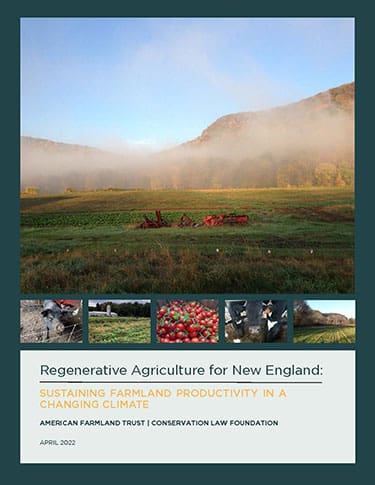We Must Protect and Restore Nature to Address the Climate Crisis
Restoring nature is one of the best tools we have for tackling the climate crisis. That means we all have a stake in protecting our wetlands and coastal ecosystems.
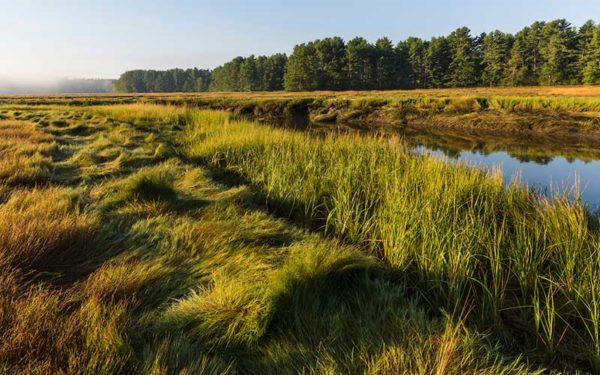
Restoring nature is one of the best tools we have for tackling the climate crisis. That means we all have a stake in protecting our wetlands and coastal ecosystems.

Slashing polluting emissions from medium- and heavy-duty vehicles is a critical part of our climate fight.
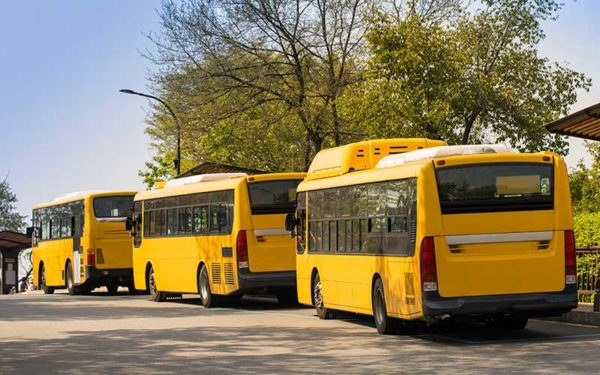
To fight climate change we need a strong and committed power grid operator that makes cleaning up our energy mix its first priority.
Despite the fossil fuel industry’s greenwashing, “renewable” natural gas still pollutes the climate and hurts our health.

As we celebrate the sixth anniversary of the Northeast Canyons and Seamounts Marine National Monument, we are calling for more of our ocean to be permanently protected
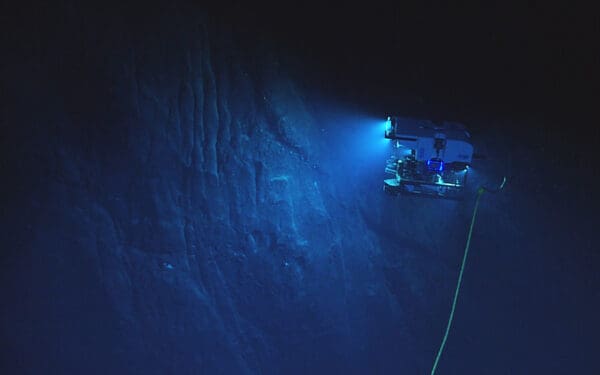
Darrèll Brown, vice president of CLF’s Rhode Island Advocacy Center, talks about the organization’s work to hold Big Oil accountable for failing to prepare its coastal facilities for the climate impacts its polluting products have caused.
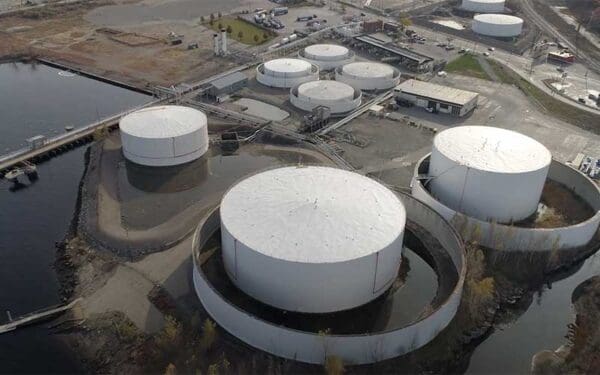
We must prepare our coastal communities for the increasing frequency and damage associated with high tide flooding. Here’s how.
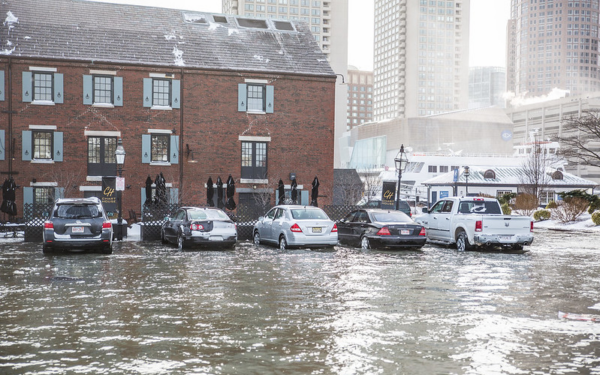
President Biden recently signed this first-of-its-kind climate bill into law – but what does it mean for climate action here at home?
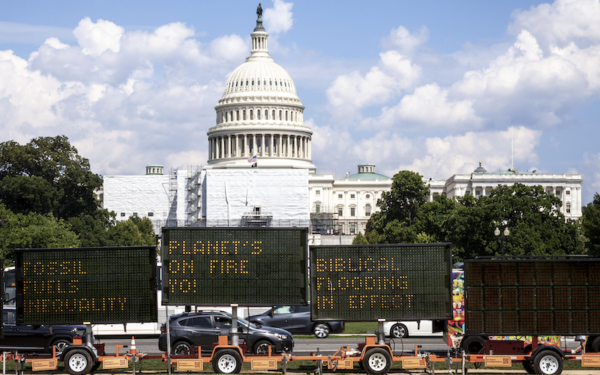
The way we grow our food has a big impact on our climate. Changing how we farm can help our climate rather than harm it.
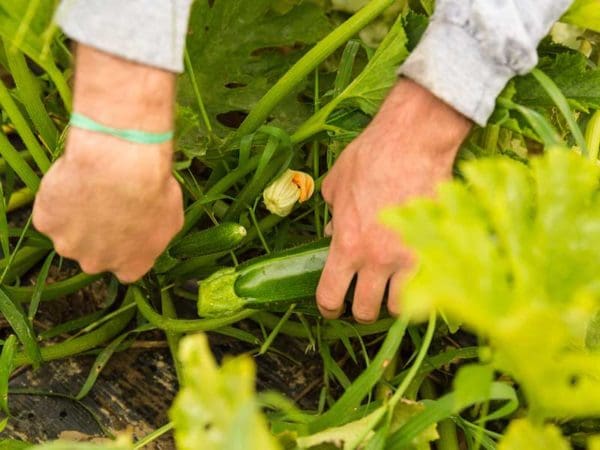
Regenerative farmers can play a role in combatting the climate crisis. However, if more farmers are to transition to climate-smart regenerative agriculture, they need sufficient technical and financial support.
